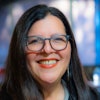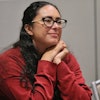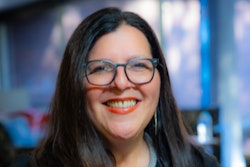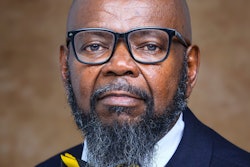Creating a free, online source for a class in African American studies. A podcast series exploring the Latinx history in a neighborhood surrounding a postsecondary institution, created, written, and produced by students. A virtual or augmented reality visualization for students of color to explore how their histories intersect with their town.
These are just some examples of projects that the Library of Congress is looking to fund with its Connecting Communities Digital Initiative (CCDI) grants.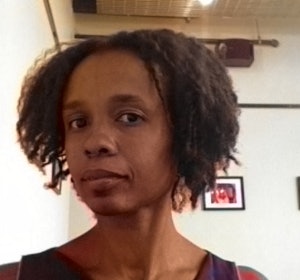 Dr. Marya McQuirter
Dr. Marya McQuirter
Through Sept. 30, the library is accepting applications from two- or four-year Minority-Serving Institutions (MSIs) to award up to three $50,000 grants, to be used in a 12 month period. The MSIs must submit detailed plans that focus on the experiences, narratives, and stories of Black, Native American, Latinx, Asian American, and Pacific Islander or other communities of color by using the Library of Congress’s digital archives.
“We really want the Library of Congress to be a place for all, we want to share the wealth,” said CCDI Program Director Dr. Marya McQuirter. She shared advice about the application process at a July 12 webinar hosted by the Library of Congress.
CCDI is part of the Of the People: Widening the Path multi-year initiative working to increase American engagement with the resources available at the Library of Congress. Of the People is funded by the Andrew W. Mellon Foundation, which seeks to enrich communities and promote critical thinking by investing in arts and the humanities.
In May, the first CCDI grant was awarded to Huston-Tillotson University (HT), an historically Black institution based in Austin, Texas. HT received $59,575 for its project that will connect Austin to the Harlem Renaissance in New York City during the 1920s and 1930s.
“They gave us a sense of the digital collections from the library, how they wanted to pair those with their own [collections],” said McQuirter. “HT will select students to be scholars, researching in residence, to use those materials to create their own original artwork, fiction, art, and fashion. Then, once these students have created their own original work, it will then be used to create physical and virtual exhibitions to enable audiences to understand both Austin, Texas, and Harlem, N.Y., in different ways.”
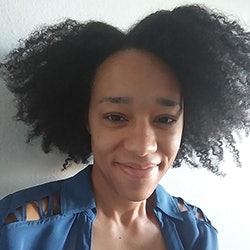 Olivia Dorsey
Olivia Dorsey
Although the grants use the “connective powers of technology to serve communities of color,” the projects that receive funds do not necessarily have to be digital themselves, according to Olivia Dorsey, a CCDI program specialist.
Applicants need to be specific about what archival data they will use from the Library of Congress. McQuirter and Dorsey encouraged a robust search of the digital contents using different search terms or accessing pre-made library collections. Researchers may be surprised by the range of data held in the library.
“One of the things I’ve found: in Chicago in the early 1970s, at some community or neighborhood center, there was a discussion about astrology and what people thought of astrology,” said McQuirter. "The panel was at least one hour long — who would have thought this is something the library would have?”
McQuirter said she discovered the content while doing research on the musician Sun Ra and afrofuturism, which explores the intersection of African diaspora with science and technology.
“I’ve been using the library as a researcher for a long, long time, and I’m constantly amazing at the breadth of materials the library has,” said McQuirter.
Projects can also study the intersections of the experiences of people of color and how other marginalized identities connect with their lives, including disability or LGBTQ+ identities. McQuirter and Dorsey said applicants should be creative, and, when in doubt, ask a librarian for help.
Liann Herder can be reached at [email protected].


